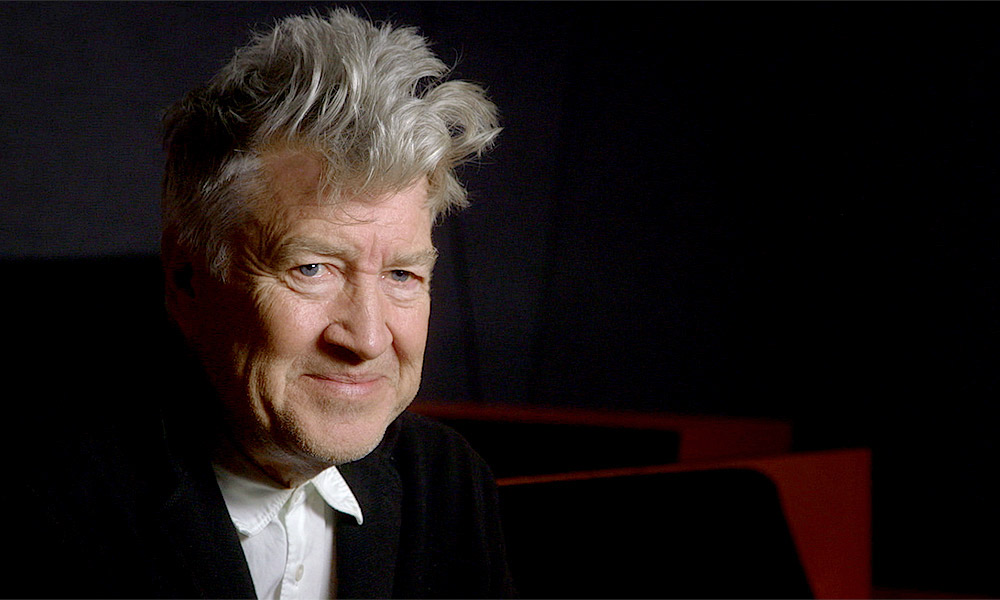!["Making Waves: The Art of Cinematic Sound" A masterpiece documentary directed by the sound editor himself Interview with director Midge Costin [Director's Interview Vol.85]](https://cinemore.jp/images/a4a23e878d54616d040c5e727072c2e522f65656ba1191d104b7abeb5332ae46.jpg)
"Making Waves: The Art of Cinematic Sound" A masterpiece documentary directed by the sound editor himself Interview with director Midge Costin [Director's Interview Vol.85]
The shock of sound design brought to you by “Eraserhead”
Q: Personally, I found it interesting to meet director David Lynch and the sound designer who supported him, Alan Sprett. So-called "midnight movies" (Note 1) such as " Eraserhead " (1977) had a great influence on American movies, but it was "Making Waves: The Art of Cinematic Sound" that supported this from the aspect of sound. It's one of the greatest feats. Please tell us how you approached this point.
Costin: Eraserhead came out when I was a student, and I was completely blown away by it. The deliberately created tones of the rooms inside the house, the sound of the heater, and the outside space were all stimulating. At the time, I knew about Alan Splett and how they met and collaborated at AFI (American Film Institute). Some of my friends were working on Alan's sound crew in the San Francisco Bay Area, so we had some connections. Alan was also a former cellist.
His works include `` Wild Black' ' (1979), `` The Elephant Man '' (1980), `` Never Cry Wolf '' (1983), `` Blue Velvet '' (1986), and `` Dead Poets Society. '' ” (89) and so on.
Unfortunately, Alan passed away in 1994, so I interviewed his wife and collaborator Ann Clover, but unfortunately I couldn't include her interview scene in the film. The interview where she and Alan talked about going out to field record (external recording) was really wonderful. They went on a recording trip like a child's field trip, full of fun and discovery.

It may come as a surprise, but David Lynch was the first major director to agree to an interview for ``Making Waves: The Art of Cinematic Sound.'' I knew how much he valued acoustics, and I'm friends with his former collaborator Mary Sweeney, so she introduced me to Lynch.
People don't think directors who make dark movies have a kind image, but Lynch was a very charming and sincere person. The interview was really interesting and I really enjoyed hearing about how his mind works with sound and his thoughts on sound, which were very unique.
Lynch and Splett taught us that we should also pay attention to the sound of American films. They both love music and are very sensitive to sound.
(Note 1) A general term for non-major underground works that gained a cult following through late-night box office shows centered in New York that began in the early 1970s. In addition to ``Eraserhead,'' this includes ` `Night of the Living Dead '' (1968) and `` El Topo '' (1970).
Dolby's entry into the movie business and Barbra Streisand's accomplishments

